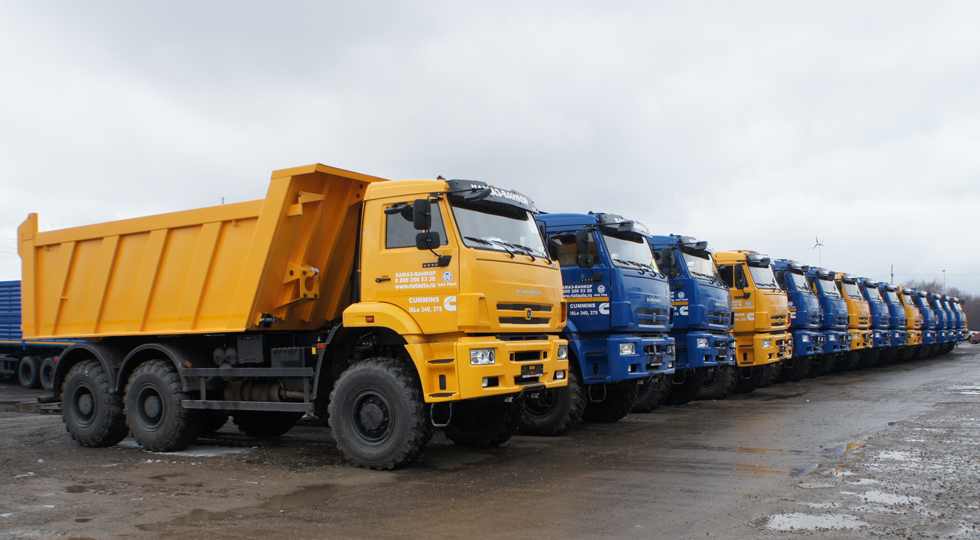
Tatarstan announces deal to revive truck sales to Cuba using Russian financing
The Tatar trucking giant KAMAZ announced today (May 19) that it had signed a contract with the Cuban government for the delivery of “automotive equipment, spare parts and the equipment necessary for the installation in Cuba of a network of repair plants,” with an aim to “restore the park of KAMAZ automotive equipment” in the island republic.

The announcement did not mention a specific dollar amount, but a company spokesman recalled that between 2008 and 2013, with the help of Russian credit, KAMAZ delivered 904 vehicles to Cuba for 70 million dollars.
“All these machines now need service, so the opening in Cuba of a network of maintenance shops to restore the fleet will be welcomed by the Cuban consumers,” the spokesman added.
Between the 1960s and the 1980s, more than 15,000 KAMAZ trucks were delivered to Cuba. However, after the disintegration of the Soviet Union in 1991, the exportation of such vehicles to the island was stopped. It resumed eight years ago.
The new cargo vehicles will be used for the transportation of food and industrial goods; some of them will be used for Plan Turquino, a project for the development of mountainous and inhospitable regions. The rest will be used to transport containers in the Mariel Industrial Zone.
Although the announcement was made this week, the contract was signed one month ago “in the presence of KAMAZ chief executive officer Sergei Anatolievich Kogogin; the vice chairman of Cuba’s Council of Ministers, Ricardo Cabrisas Ruiz, and the Cuban minister of Transport, Adel Yzquierdo Rodríguez.”

The contract provides for Russian financing, the announcement says, “and should take effect after the signing of interbank agreements by EXIAR [the Russian Agency for Export Credit and Insurance] and the National Bank of Cuba.”
The announcement recalled that one year ago in Kazan, Tatarstan, KAMAZ and Cuba’s Entrepreneurial Group of the Steel-Mechanical Industry (GESIME) signed a protocol of intentions for this project, which envisions the assembly in Cuba of 1,000 vehicles a year, “with the possibility of further increase.”
KAMAZ experts “have made several visits to Cuba, developed lists of necessary equipment and established the main parameters of the project for the creation of feasibility studies,” the document stated.
“In Cuba, there is a very bad infrastructure for the automotive industry,” a spokesman noted. “There aren’t enough service centers, repair parts outlets, and so on. Electronics and spare parts are expensive.” Obtaining truck parts from Tatarstan would be easier than obtaining them from Europe or the United States, he implied.
[Earlier this month, the chief executive officer of Caterpillar Inc., Doug Oberhelman, flew to Cuba to explore the possibility of entering that country’s market but was discouraged by the obstacles raised by the U.S. trade embargo and banking restrictions, barriers that Russian suppliers do not encounter.]
Based in Kazan, KAMAZ (a subsidiary of the Rostec State Corporation) is one of the largest manufacturers of trucks in the Russian Federation, accounting for 33 percent of the Federation’s market for cargo vehicles. It ranks 11th among the worldís leading heavy-duty truck producers.

For background in Progreso Weekly on trade relations between Cuba, Tatarstan and the Russian Federation, click here and here.
[Photo at top of KAMAZ trucks on display at the Naberezhnye Chelny industrial site in Tatarstan.]


